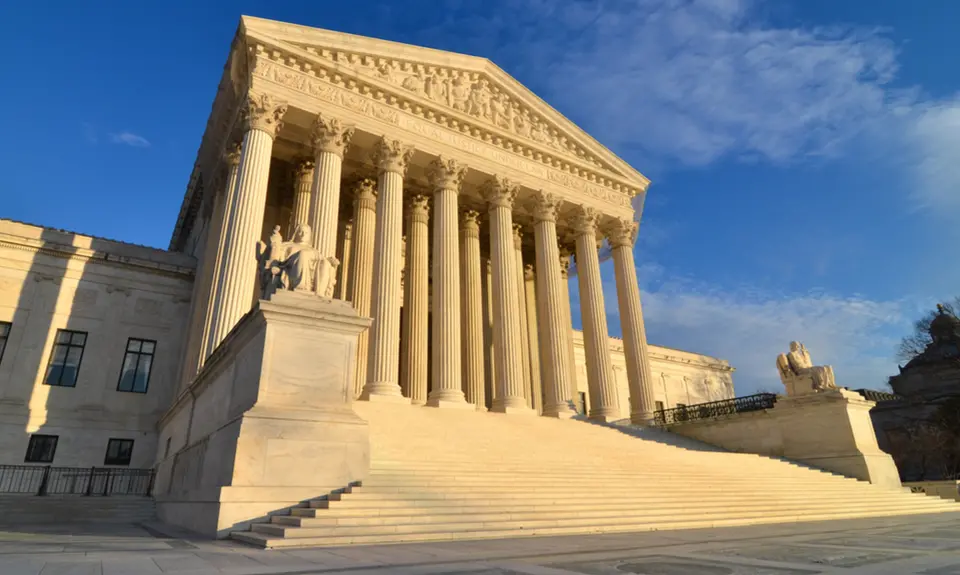Trump Justices Neil Gorsuch and Brett Kavanaugh cast the deciding votes in a 5-4 shadow docket ruling which, at least temporarily, reinstated an Arizona law that requires proof of citizenship to register to vote using a state form. Justice Gorsuch would have gone even further and excluded more than 41,000 voters who registered using a federal form from voting in this year’s presidential election. Trump Justice Barrett dissented, along with Justices Sotomayor, Kagan and Jackson in the 5-4 ruling in Republican National Comm. v Mi Familia Vota.
What is the background of this case?
In 2022, Arizona enacted HB 2492, which requires anyone who registers to vote using a state form to submit proof of citizenship. The law also affects those who register to vote using the federal form, which mandates that people affirm under penalty of perjury that they are citizens but does not require proof. HB 2492 directs county officials to verify the citizenship of anyone who registers to vote using the federal form. If they cannot do so, then the applicant must submit proof of citizenship to vote for president or by mail. An earlier 2013 Supreme Court decision had prevented Arizona from enforcing proof of citizenship requirements in order to vote in federal elections.
Shortly after the law passed, the US and voting rights groups challenged it in federal court, contending that the National Voter Registration Act (NVRA) supersedes Arizona’s requirement that voters submit proof of citizenship. They also argued that a consent decree in an earlier case prevents Arizona from enforcing the state form provisions.
A federal district court agreed and stopped Arizona from enforcing any of the proof of citizenship provisions in HB 2492. The Republican National Committee (RNC) joined the case and Arizona’s appeal of the injunction. After some back-and-forth, a three-judge panel agreed on August 1 that the district court order should remain in effect. The RNC and Arizona asked the Supreme Court to immediately reinstate all the law’s proof of citizenship provisions.
How did Justices Gorsuch and Kavanaugh and the Supreme Court Rule and Why is it Important?
In an unsigned order, the Court voted 5-4 to put back into effect the law’s proof of citizenship requirements for those who use the state form. Trump Justices Gorsuch and Kavanaugh provided the deciding votes, while Trump Justice Barrett joined the dissent. Justice Gorsuch would have gone even further, along with Justices Alito and Thomas, and would have reinstated the entire law, including requiring those using the federal form to submit proof of citizenship.
Although the Court issued no explanation of its order, as usually occurs in cases on the emergency or shadow docket, the effects of the decision are significant. If the Court majority had voted with Gorsuch, Thomas and Alito, the result would have been to exclude over 41,000 Arizona voters who used the federal form to register from voting in this year’s presidential election. But the ruling will prevent people who used the state form from voting without providing proof of citizenship, although this problem can be mitigated since most voter registration groups use the federal form. The decision also serves as a reminder of the importances of confirming fair-minded justices and judges to our federal courts.
